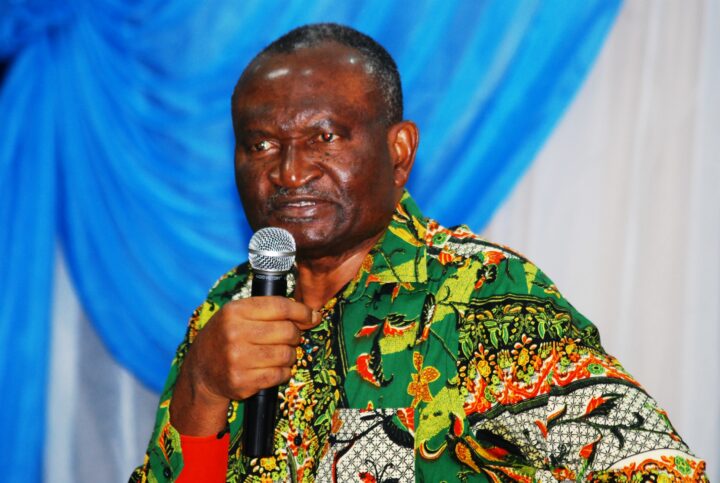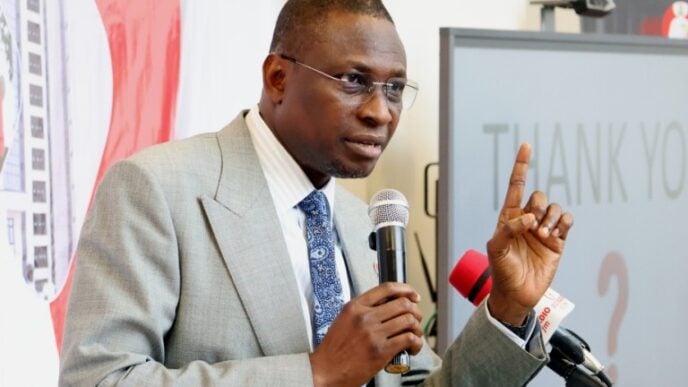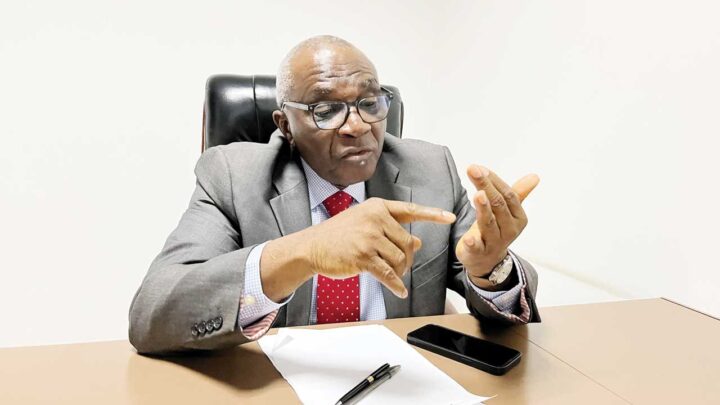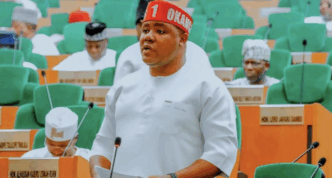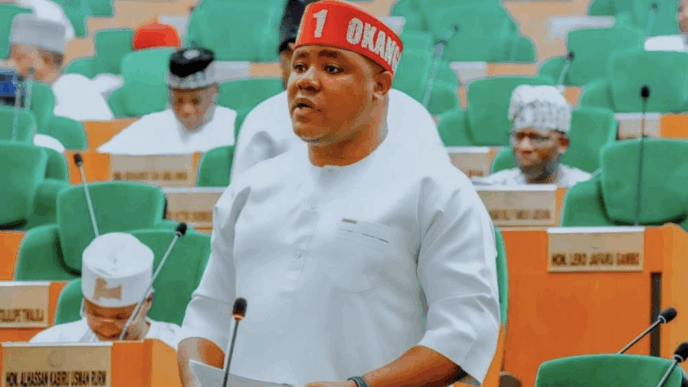Kanu Agabi, former attorney-general of the federation (AGF) and minister of justice
Kanu Agabi, a senior advocate of Nigeria (SAN), says Mohammed Adoke, former attorney-general of the federation (AGF) and minister of justice, should never have been prosecuted over the controversial OPL 245 oil block deal.
Agabi spoke in Abuja on Thursday at the public presentation of Adoke’s memoir, “OPL 245: Inside Story of the $1.3 billion Nigerian oil block.”
Represented by Paul Erokoro (SAN), Agabi described the charges against Adoke as a miscarriage of justice, arguing that Nigeria often fails to prosecute actual criminals while innocent individuals endure prolonged legal battles.
“There’s something called the post office scandal in the UK; it is described as one of the greatest miscarriages of justice in their history,” he said.
Advertisement
“I can confidently say that what happened to Adoke is one of the greatest miscarriages of justice in our country.”
The former AGF and minister of justice also noted that despite international validation of Adoke’s role in the transaction, the federal government defamed him and failed to present a convincing case.
“You would think that a government, after such widespread allegations, would present a compelling case, but it was an anticlimax,” he added.
Advertisement
He also referenced the case of Bode George, former military governor of Ondo state, whose conviction was overturned by the supreme court, ruling that he should not have been charged at all.
“It’s unfortunate; actual criminals are not being prosecuted, but the innocent get dragged through,” he said.
Seyi Makinde, Oyo state governor, described Adoke’s book as both a critical historical record of Nigeria’s oil sector and a personal account from a key actor.
Makinde said the Malabu deal represented more than just an oil transaction; it reflected broader questions around the management of Nigeria’s public resources.
Advertisement
He emphasised the significance of the OPL 245 block, which is estimated to hold nine billion barrels of crude oil.
“This book is not only necessary but also brave. History must be documented, contested, and clarified,” the governor said.
“This is why it attracted international litigation and controversy.”
According to the governor, the book offers essential context, naming the key actors, timelines, and consequences, as well as providing critical insight into the legal and political complexities surrounding high-stakes state assets.
Advertisement
Former Senate President Bukola Saraki noted that Adoke’s account underlined the importance of the rule of law and public accountability.
“What Adoke is saying is that he was a victim of abuse of the rule of law, and I am sure he is not alone,” Saraki said.
Advertisement
Uche Nnaji, minister of innovation, science, and technology, praised Adoke for putting his experience on record.
“This book is more than a memoir. It is a factual account that sets the record straight,” Nnaji said.
Advertisement
“As someone who has been in business, I was privy to the truth behind the OPL 245 transaction.”
BACKGROUND
Advertisement
OPL 245 was awarded to Malabu Oil and Gas in 1998 by the administration of Sani Abacha, a former military head of state.
But the deal was later revoked by the administration of former President Olusegun Obasanjo in 2001.
However, the block later became the focus of global corruption investigations, criminal prosecutions, and civil lawsuits after Malabu sold its entire stake to Shell and Eni for $1.1 billion in 2011.
The oil companies also paid a $210 million signature bonus to the Nigerian government.
Both local and international non-governmental organisations (NGOs) alleged that the $1.1 billion payment to Malabu was a disguised bribe to Nigerian politicians who facilitated the transaction.
Adoke oversaw the Shell-Eni deal during his tenure. He was the AGF from April 2010 to May 2015.
In 2019, the EFCC arrested Adoke over alleged abuse of office and money laundering pertaining to the OPL 245 case.
Criminal charges were preferred against him by the administration of former President Muhammadu Buhari.
Italian prosecutors also brought charges in Milan against Shell, Eni, Dan Etete (the former petroleum minister behind the Malabu deal), and other individuals.
Also, the Nigerian government pursued a $1.7 billion compensation claim against JP Morgan in the United Kingdom (UK), accusing the bank of improperly transferring proceeds from the OPL 245 sale.
Courts in Italy, the UK, and Nigeria ruled that there was no evidence of corruption or proof that Nigeria was defrauded.
Investigations by the US department of justice, the US Securities and Exchange Commission (SEC), and Dutch authorities were also dropped due to lack of incriminating evidence.
Adoke was acquitted and discharged by two federal high courts in Abuja on the related charges.
